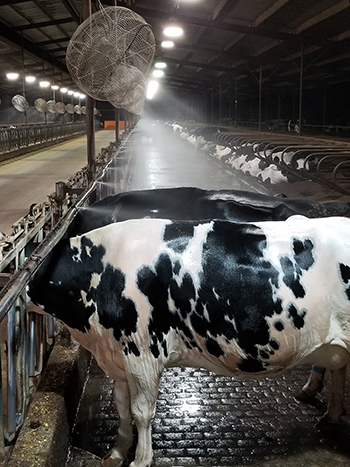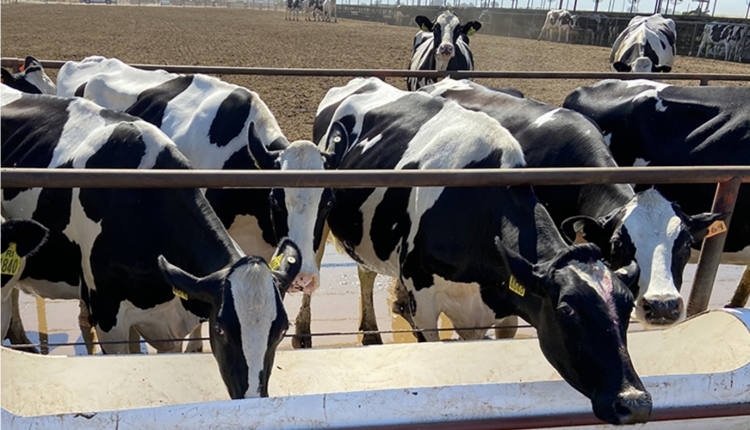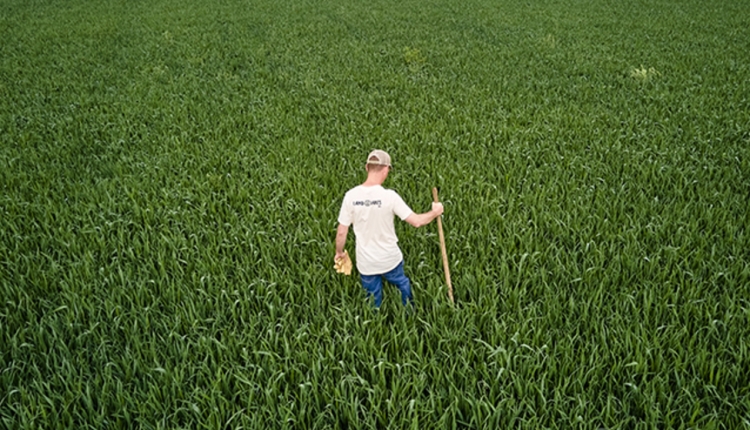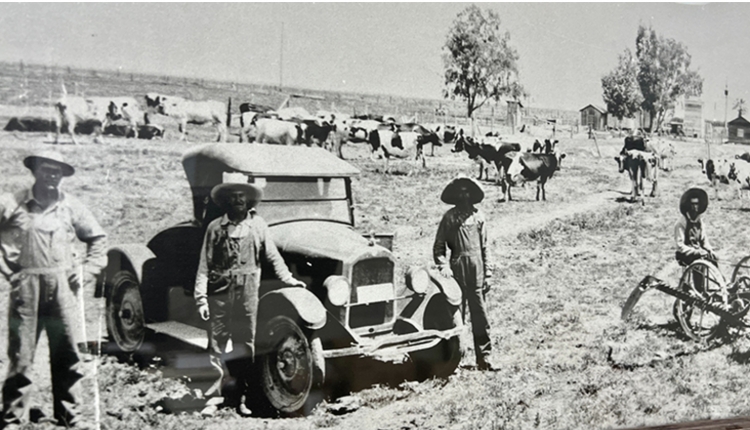
Yes, you read the title right, but I am talking about cows. It is common knowledge in the dairy industry that cows do not like the heat. The question is, when do they start feeling uncomfortable, and what are you going to do about it?
Three’s a crowd
I like to keep our milk barn as cool as possible. Each year we find another way to improve, but it is a constant practice. We thought we were on the right track, but as we walked through the waiting pen we realized that it was much hotter in the middle of the pen than on the outside.
To put it in perspective, it would be comparable to standing in a hotel room with 100 of your closest friends with little more than a ceiling fan in the middle of summer. Things had to change. Our response was better ventilation and more cooling in the center of the waiting pen.
When is a cow hot?
My father coined the saying, “If you’re hot, the cow was hot two hours ago!” This quote has formed how we look at cow cooling. After some practice, you will be able to judge exactly when your cooling techniques need to be enacted.
You may be surprised how much cooling your animals need when you start to watch them. Watch their respiratory rate, reduced lying rate, greater feed refusals, and panting. A cow will tell you when it’s hot; you just have to listen.
Winner, winner, chicken dinner!
Another way to help with heat stress is to reduce the amount of time each animal spends in the milk barn. A lot of the time your milk barn is the hottest place on your dairy. As you look into lowering your barn time you are likely to find aspects of your barn that could be adjusted to improve efficiencies. This will pay off even in cooler weather. Consider it a win-win!
Would you drink it?
Everyone knows that the more water you can supply to a hot animal the better, but the key is having clean water. We have a simple rule on our dairy and it stands in the form of a question. If you are looking at a water trough and wondering if it is clean enough, ask yourself this one question: “Would you drink out of it?” If the answer is no, then you know what to do!

Tyler Ribeiro is a fourth-generation dairy farmer born and raised in California. He is currently partners with his father at Rib-Arrow Dairy in Tulare where they proudly ship their milk to Land O’Lakes. Tyler is actively involved in the dairy industry, holding leadership roles in various organizations locally and across the United States.








